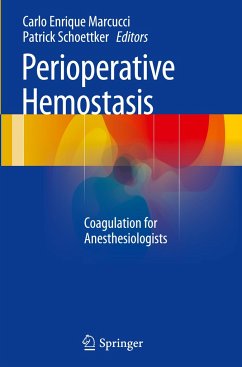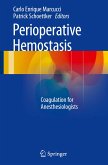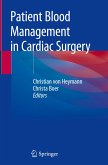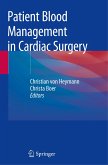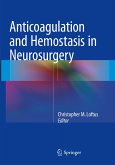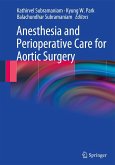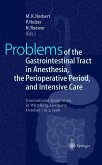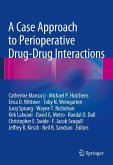All anesthesiologists are confronted with patients who show bleeding disorders,
whether congenital, acquired, or pharmacologically induced. Although many
studies, meta-analyses, guidelines, and textbooks have been published on the
subject, they mostly cover specific aspects or require a thorough knowledge of
hemostasis. The goal of this book is to provide the anesthesiologist with an overview
of hemostasis and the mechanisms underlying bleeding and coagulation in
general and to assist in the understanding of specific coagulation disorders as
they may occur in the various anesthesia subspecialties. It is hoped that, through
the provision of practical information and tools, the book will help residents and
trained anesthesiologists to manage one of the most frustrating challenges that they
face: the bleeding patient. A full understanding of coagulation requires a lifelong
career, and this book is not intended to replace the consulting hematologist,
whose expert opinion should always be sought. The available procoagulant
blood products and drugs all have potentially dangerous side-effects;
furthermore, in bleeding disorders pitfalls are frequent and a misdiagnosis can
have potentially catastrophic consequences. The aim of the editors is thus
instead to enhance the collaboration between the disciplines of Anesthesiology and Hematology.
whether congenital, acquired, or pharmacologically induced. Although many
studies, meta-analyses, guidelines, and textbooks have been published on the
subject, they mostly cover specific aspects or require a thorough knowledge of
hemostasis. The goal of this book is to provide the anesthesiologist with an overview
of hemostasis and the mechanisms underlying bleeding and coagulation in
general and to assist in the understanding of specific coagulation disorders as
they may occur in the various anesthesia subspecialties. It is hoped that, through
the provision of practical information and tools, the book will help residents and
trained anesthesiologists to manage one of the most frustrating challenges that they
face: the bleeding patient. A full understanding of coagulation requires a lifelong
career, and this book is not intended to replace the consulting hematologist,
whose expert opinion should always be sought. The available procoagulant
blood products and drugs all have potentially dangerous side-effects;
furthermore, in bleeding disorders pitfalls are frequent and a misdiagnosis can
have potentially catastrophic consequences. The aim of the editors is thus
instead to enhance the collaboration between the disciplines of Anesthesiology and Hematology.

